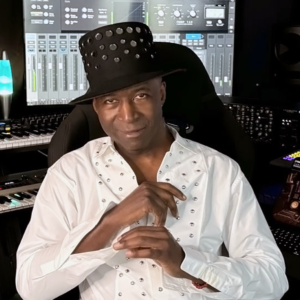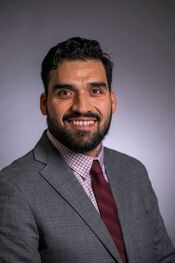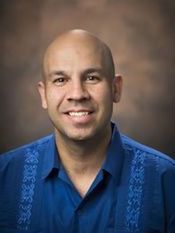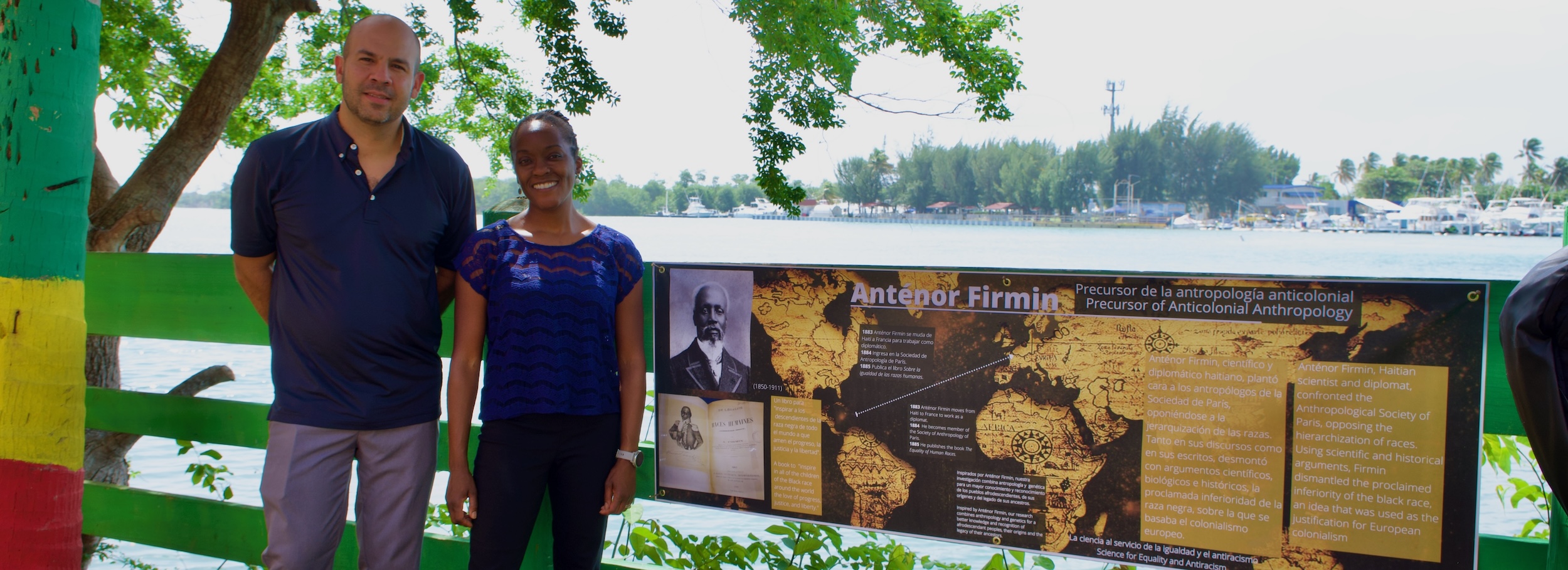Faculty Research
Alex Jacobs
 Director of Undergraduate Studies, Culture, Advocacy, and Leadership;
Director of Undergraduate Studies, Culture, Advocacy, and Leadership;
Senior Lecturer of Culture, Advocacy, and Leadership
I’m a historian of ideas, ideology, and culture, specializing in the era Eric Hobsbawm called “the age of extremes” (1914–1991). Most of my research focuses on modern ideals of intellectual independence. What does it mean to be “disenchanted” or a “free thinker” or a “skeptic?” Why do we think these are such important virtues to cultivate? My book, Without Illusions: The Politics of Skepticism in the Cold War Era (Harvard University Press, 2025), explores these questions with special attention the recent history of “ideological skepticism,” that is, the idea that healthy democracies demand the transcendence of conventional ideological thinking. Future projects include a study of the contemporary “clean living” movement and a cultural history of conspiracy culture in the United States.
Jonathan Karp
 NEH Postdoctoral Fellow, Robert Penn Warren Center for the Humanities
NEH Postdoctoral Fellow, Robert Penn Warren Center for the Humanities
I research social movements and performance in the United States from the early 20th century to the present. My book project, Performances of Aftermath, investigates the 1917 East St. Louis massacre to show how collective racial violence becomes known: hidden in the everyday in a project of white supremacy or wrenched out by those fighting for redress.
KAMAAL MALAK

Artist-in-Residence, Culture, Advocacy, and Leadership
Kamaal Malak is a multifaceted musician, producer, academic, and researcher whose career spans diverse areas of the music industry. As a bassist and songwriter with the 2x Grammy-winning group Arrested Development, they significantly influenced conscious hip-hop in the early 1990s. His versatility as an artist is further exemplified by his collaborations with country music icon Shania Twain, bridging genres and expanding his musical reach. Beyond his performance career, Malak has made significant strides in music production, blending hip-hop, electronic, and world music influences.
At Vanderbilt University, Malak serves as a professor at CAL ” Cultural Advocacy and Leadership”, where he teaches the popular “Hip Hop Culture in America” class, bridging his professional experience with academic discourse. His scientific pursuits have led him to explore unconventional applications of music, notably his research on canine relaxation music titled “Music For My Dog.” This groundbreaking study investigates the impact of specially frequency & tempo composed music on dogs’ anxiety and stress levels, further demonstrating his commitment to pushing the boundaries of music.
Dana Nelson
 Nancy Perot Chair of English, Professor of Culture, Advocacy, and Leadership
Nancy Perot Chair of English, Professor of Culture, Advocacy, and Leadership
My intellectual interests are wide-ranging, moving from the history and literature of the British colonies all the way through our contemporary moment. I have written widely on US literature, history, politics and culture. I teach courses that integrate US democratic history, literature and political culture, and have focused the past 10 years on building courses that help students learn skills for staying calm and becoming curious in the face of political disagreement. I’m the author of four academic books, The Word in Black and White: Reading ‘Race’ in American Literature, 1638-1867 (Oxford UP, 1993), National Manhood: Capitalist Citizenship and the Imagined Fraternity of White Men (Duke UP, 1998), Bad for Democracy: How the Presidency Undermines the Power of the People (Minnesota UP, 2008) and Commons Democracy: Reading the Politics of Participation in the Early United States (Fordham UP, 2016). Along with dozens of articles and reviews, I have coedited essay collections and journal special issues on democracy and American literature. I’m also the founding co-editor of the journal J19: The Journal of Nineteenth-Century Americanists.
Jesús ruiz
 Assistant Professor of the Practice in Caribbean Studies; Center for Latin American, Caribbean, and Latinx Studies
Assistant Professor of the Practice in Caribbean Studies; Center for Latin American, Caribbean, and Latinx Studies
My research—situated at the intersections of Caribbean & Latin American History and Caribbean Studies—focuses on Afro-Latin America, Migration in the Americas, and particularly on Haiti and its revolutionary history. My first book, The Black Royalists: Haiti and A Politics of Freedom in the Atlantic World (under contract with Harvard University Press) examines the politics of royalism among both ordinary Haitians and those who became Haitian royalty, as they struggled for independence throughout the tumultuous years of the revolution. In outlining a transcultural political phenomenon and re-theorizing royalism, my book offers a means to examine not only the history of the Haitian Revolution, but also the evolution of Black political thought during the Age of Revolutions. As part of this research, I have a forthcoming article with Slavery & Abolition: A Journal of Slave and Post-Slave Studies, which analyzes the 1796 Boca Nigua slave revolt near colonial Santo Domingo (present-day Dominican Republic). I also teach about migration and asylum in the Americas and have published public facing work in outlets such as The Washington Post.
CLAY STAUFFER
 Adjunct Assistant Professor of Culture, Advocacy, and Leadership
Adjunct Assistant Professor of Culture, Advocacy, and Leadership
Dr. Clay Stauffer earned degrees from Texas Christian University (B.A.), Princeton Theological Seminary (M. Div.), and the University of the South (D. Min). His doctoral research at Sewanee focused on the intersection of faith and politics in a polarized world. Before being called to Woodmont, he served The Riverside Church in New York City (2003-2005), Christ Church in Lausanne, Switzerland (2004), and Lindenwood Christian Church in Memphis (2005-2007).
Clay is a regular columnist for the Faith and Values section of The Tennessean, and does some church consulting and leadership training on the side. He is also an Adjunct Professor focusing his research on morality, character, emotional intelligence, and political polarization. His most recent book, Spiritual Reflections on Faith, Values, & Culture, addresses the deeper issues that matter most in life: faith, wisdom, values, spirituality, relationships, connection, and self-reflection. He is also the author of Preaching Politics: Proclaiming Jesus in an Age of Money, Power, and Partisanship, published in 2016 by Chalice Press. He is a trained speaker and life coach through The John Maxwell Team. Clay has also served on many non-profit boards including the Nashville Food Project, Faith Family Medical Center, Disciples Divinity House at Vanderbilt, Phoenix Club of Nashville, Downtown Rotary Club, The Blake McMeans Foundation, and Woodmont Christian Preschool.
Paul Stob
 Director of Culture, Advocacy, and Leadership; Director of the A&S College Core; Professor of Communication Studies
Director of Culture, Advocacy, and Leadership; Director of the A&S College Core; Professor of Communication Studies
My research explores the intersection of rhetoric and intellectual culture in American history, with particular focus on the nineteenth century. I’m interested in the ways that new ideas gain traction, spread, and are popularized beyond academic institutions, particularly among “ordinary” Americans. I’ve written extensively on the American philosophy of pragmatism and a movement that I dubbed “intellectual populism,” which was an effort around the turn of the twentieth century to return intellectual power to “the people.” In April I will publish a new book titled Empire of Skulls: Phrenology, The Fowler Family, and a New Nation’s Quest to Unlock the Secrets of the Mind, which explores the rise and fall of the phrenology in the United States. The book tells the fascinating story of how one family—the Fowlers—turned phrenology from a scientific fad into a cultural and business empire.
Gabriel A. Torres Colón

Assistant Professor of Anthropology
I’m a cultural anthropologist with research and teaching interests in race, politics, sports, and intellectual history. My ethnographic research includes the politics of difference among Christians and Muslims in the Spanish enclave of Ceuta, racial experience in US boxing gyms, cultural understandings of ancestry in the Caribbean, and Black flourishment in Afro-Puerto Rican communities—particularly in relation to aesthetic expression, mangrove ecological conservation, and anti-racist politics. I also research the intellectual history of race in anthropology and the intersections between early American anthropology and philosophy. I am currently finishing a book titled Styles for Flourishing: Histories of Survival in the Racial Niche, which will be published next year by Columbia University Press.
